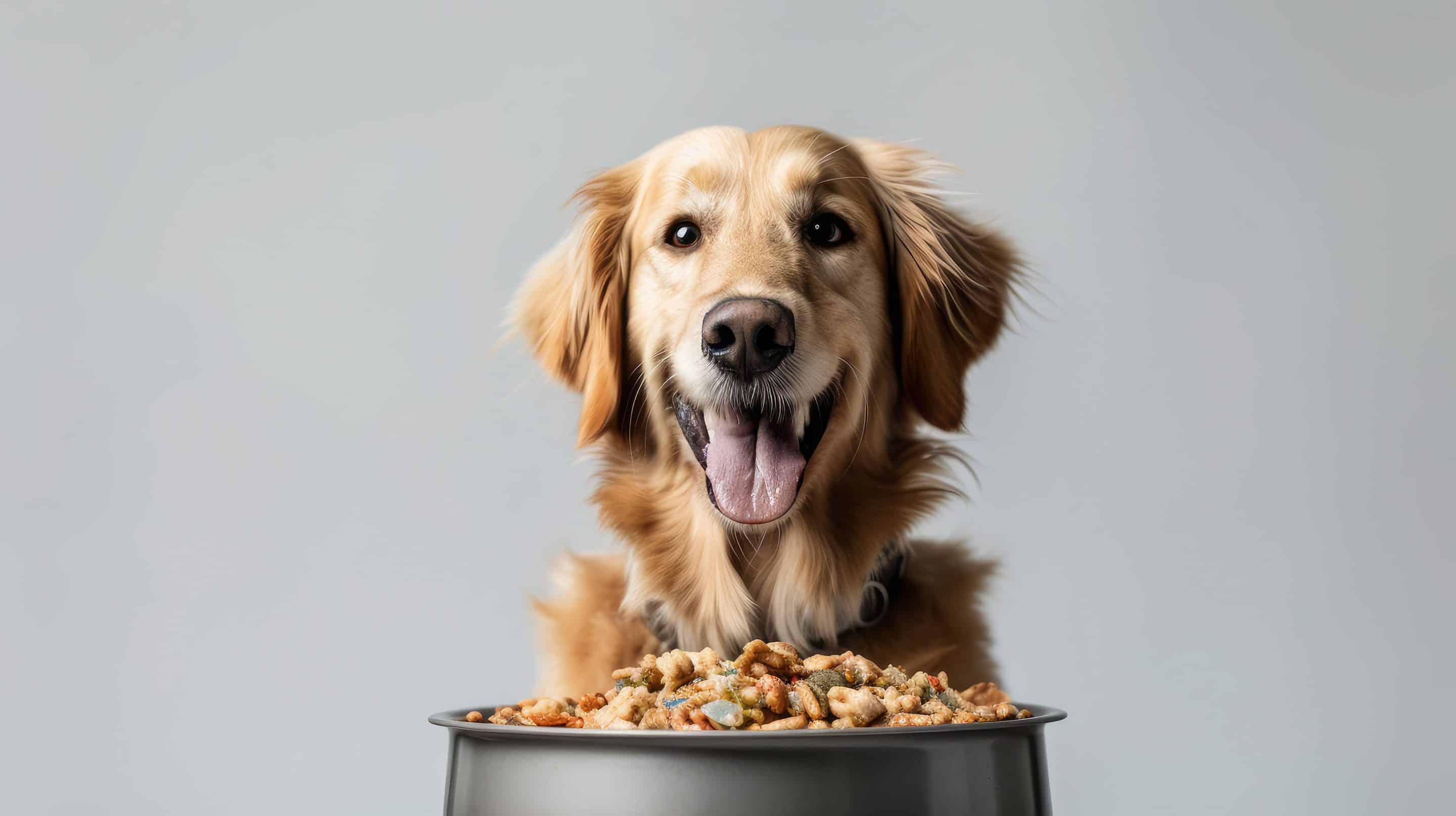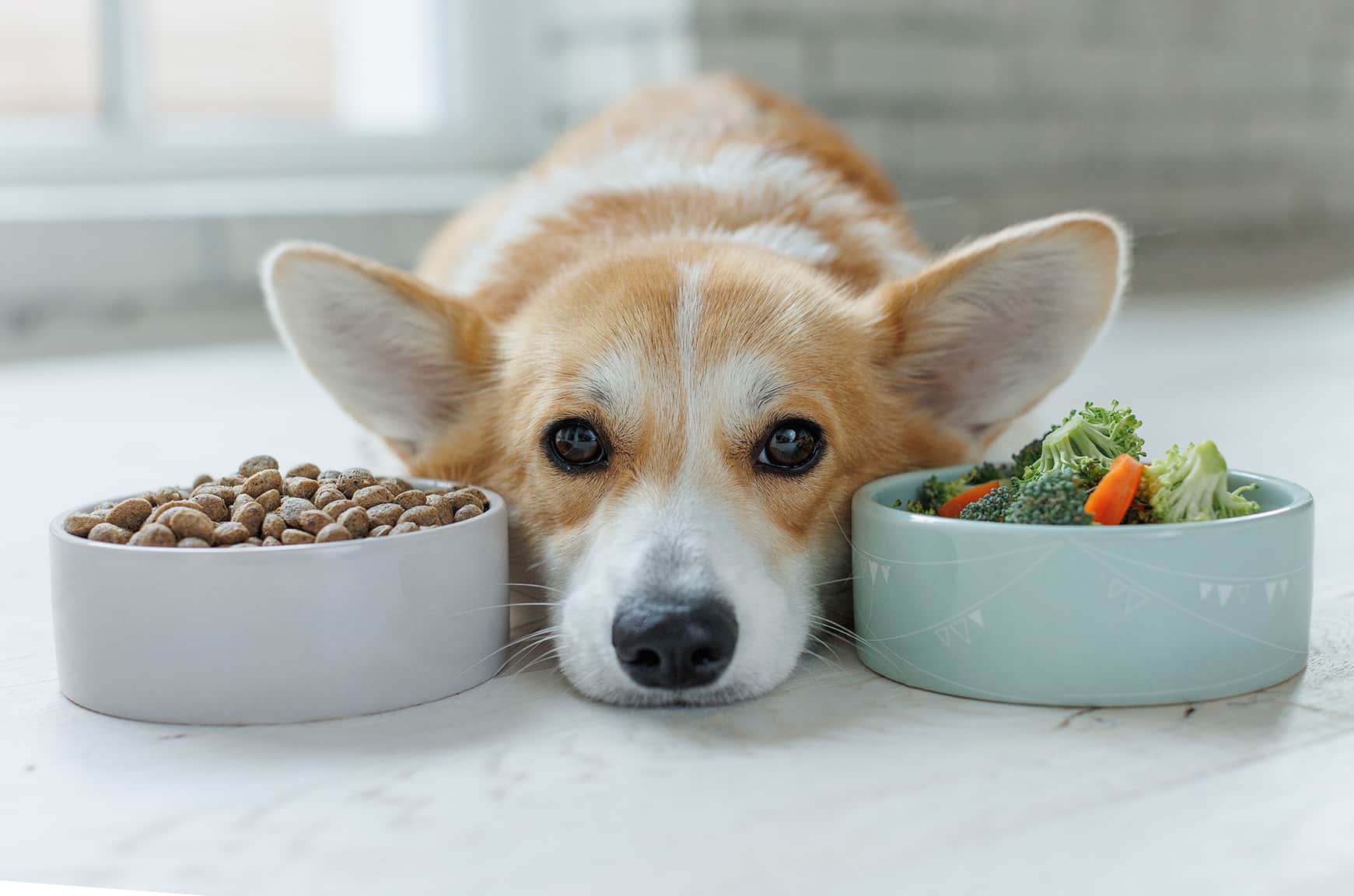
Nutritional Counseling for Pets in Gallatin, TN
A poor diet can lead to health issues in our pets that impact their overall well-being and quality of life. When our pets don’t receive the proper nutrients they need, they may experience problems such as obesity, allergies, digestive disorders, joint pain, and even a weakened immune system. At Bluegrass Veterinary Hospital, we are here to guide you in understanding your pet’s dietary needs and offer tailored solutions based on their unique needs.
What is the Purpose of Nutritional Counseling for Pets?
Just as in humans, pets require a balanced diet to thrive and remain free from health problems. Through nutritional counseling, pet owners learn about the significance of providing their animals with the right nutrients in the correct quantities. Our goal is to empower you with the knowledge and tools needed to make informed decisions about your pet’s diet, ultimately fostering a stronger and lasting bond between you and your animal.
Expect Kindness & Compassion
Comprehensive Veterinary Care for Your Four-Legged Family Member.
Signs that Your Pet Has a Poor Diet
- Weight Issues: One of the most noticeable signs of a poor diet in pets is weight-related problems. This can include obesity due to overfeeding or, conversely, excessive weight loss caused by a lack of essential nutrients.
- Dull Coat: A lackluster, dry, or flaky coat can indicate nutritional deficiencies. A healthy diet should result in shiny, soft, and well-groomed fur.
- Digestive Upsets: Frequent gastrointestinal issues like diarrhea, constipation, or vomiting might be indicative of an improper diet. Digestive problems can be a response to low-quality or inappropriate pet food.
- Lethargy and Reduced Activity: Pets fed with an inadequate diet may lack the energy and vitality they should have. They may become lethargic, less active, and unwilling to engage in their usual activities.
- Dental Issues: Poor nutrition can contribute to dental problems, including tooth decay and gum disease. These issues can affect a pet’s ability to eat comfortably.
Benefits of a Healthy Diet for Pets
Improved Longevity and Quality of Life
A well-balanced diet provides essential vitamins, minerals, proteins, and fats, which are necessary for proper growth and immune function. Proper nutrition can also help maintain a healthy weight, leading to a longer and more comfortable life for your pet.
Beyond physical health, a nutritious diet can positively impact your pet’s mental and emotional well-being. A pet that feels good physically is often more alert, content, and engaged in daily activities, enriching their life and yours.
Prevention of Common Health Problems
A balanced diet can act as a preventive measure against common health problems. Proper nutrition can also bolster your pet’s immune system, making them more resilient to infections and illnesses. Some specialized diets can help manage and even alleviate existing health problems like skin problems and digestive discomfort.
Enhanced Energy and Vitality
When pets are well-nourished, they are more likely to exhibit positive behaviors, such as playfulness and sociability. Nutrient-rich foods provide the building blocks for strong muscles and bones, ensuring that your pet can run, jump, and play with enthusiasm.
Tips for Improving Your Pets Diet
Choosing the Right Pet Food:
- First and foremost, the food you select should have “complete and balanced” in the nutritional adequacy statement. For more information, please visit “Complete and Balanced” Pet Food | FDA
- Selecting high-quality pet food is essential. Look for reputable brands that list real, whole-food ingredients and avoid those with fillers or excessive additives.
- Consider your pet’s age, size, and any dietary restrictions when choosing the appropriate type of food, such as puppy, adult, senior, or specialized diets.
Portion Control and Feeding Schedules:
- Feeding the right amount is as important as choosing the right food. Follow the recommended portion sizes on the food packaging (for your pet’s ideal weight, not the weight they are currently at) or the guidance provided by your veterinarian.
- Establish a consistent feeding schedule to regulate your pet’s meal times. This helps prevent overeating and maintain a healthy weight.
Specialized Diets for Medical Conditions:
- If your pet has specific medical conditions, such as allergies, diabetes, or kidney disease, consult your veterinarian for guidance on special diets designed to manage these conditions effectively.
Advice on Transitioning to a New Diet:
- When switching your pet’s food, do so gradually to prevent digestive upset. Mix a small amount of the new food with their current food and gradually increase the ratio over several days.
The Role of the Veterinarian in Dietary Assessments:
- Our veterinarians are here to help assess your pet’s specific nutritional needs. We conduct comprehensive evaluations of your pet’s health, age, activity level, and any existing medical conditions to formulate a tailored dietary plan.
Vet Nutrition Appointments in Gallatin, TN
A balanced and nutritious diet is one of the most important steps you can take to ensure a long and joyful life for your pet. Contact Bluegrass Veterinary Hospital in Gallatin, TN, to schedule a nutritional counseling appointment with our team of veterinary professionals. Together, we can provide your pet with the best possible nutrition, paving the way for a life filled with energy, well-being, and cherished moments.

